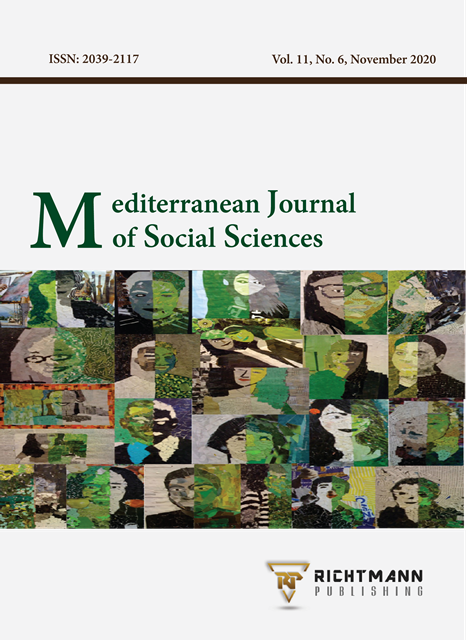Adaptive Behavior in Children with Intellectual Disabilities
DOI:
https://doi.org/10.36941/mjss-2020-0061Abstract
Children with intellectual disabilities experience deficits in all the areas of adaptive function and some other aspects, unfortunately little is known about the independent functioning among gender and age related to these impairments in this type of neurogenetic disorders as intellectual disabilities. Adaptive behavior is essential for an optimal functioning in these categories. 53 participants aged between 5 and 11 in school years have been administered the Vineland Adaptive Behavior Scales, Montreal Cognitive Assessment scale (MoCA) and Raven's Standard Progressive Matrices (IQ). Motor abilities are the area that is more affected in children with intellectual disabilities with a significant impairment appeared at an early age, which remain low even in the following years. These differences are potentially oriented by the etiologies related to the disorder. Adaptive behavior is an important area of challenge for children with intellectual disabilities throughout their development. Daily living skills and competencies are also a significant strength in relation to other areas of adaptive functioning.
Downloads
Downloads
Published
Issue
Section
License
This work is licensed under a Creative Commons Attribution-NonCommercial 4.0 International License.











